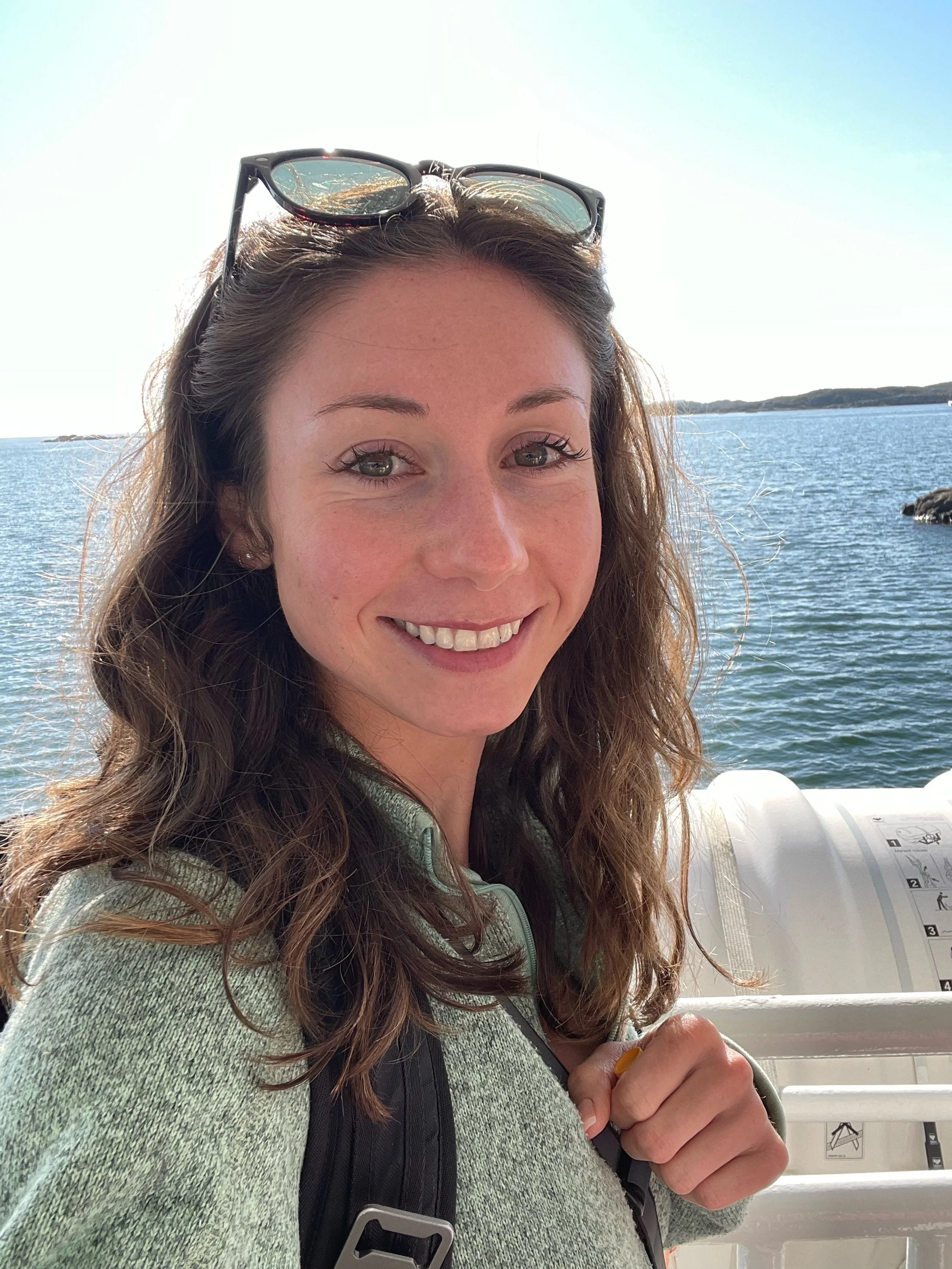About
My background is in physics and complex adaptive systems, and my research sits at the intersection of theoretical biology, evolutionary modeling, and systems science. I use computational and mathematical models to study how simple rules at the cellular or molecular scale generate complex, emergent behaviors.
My most recent work (see Masters Thesis tab) focuses on the evolution of multicellularity through the lens of evolutionary transitions in individuality. Specifically, I study how unicellular life cycles can shift toward multicellular ones, how group reproduction emerges, and what evolutionary pathways must be present for individuality to transition to a higher level. Using agent-based models, I explore how patterns of interaction, cooperation, and selection shape these evolutionary outcomes.
More generally, I aim to uncover the drivers of biological complexity and to better understand how emergent behaviors across multiple levels—molecules, cells, organisms, and societies—shape the evolution of life. Staying true to my physics roots, I am drawn to abstraction, framing phenomena in terms of the universal forces that shape them—such as energy flows, physical constraints, and the transfer of information—where this perspective is useful and realistic. But as is often the case in biology, I am equally willing to dive into the specifics of a system, using concrete details to better illuminate larger patterns.
What I am looking for in a PhD
I am seeking a PhD position where I can continue developing computational and theoretical approaches to questions in evolutionary biology and complexity theory. In particular, I hope to build on my work with agent-based and other computational/simulation methods and mathematical models to explore how evolution shapes the emergence of new levels of biological organization. I am especially interested in projects that connect evolutionary theory with complex systems science, and take a bottom-up approach to understanding how individuality and complexity evolve.
I am excited by opportunities that allow for both conceptual exploration—addressing fundamental questions about life and evolution—and practical modeling that can generate testable predictions or link to experimental systems.


